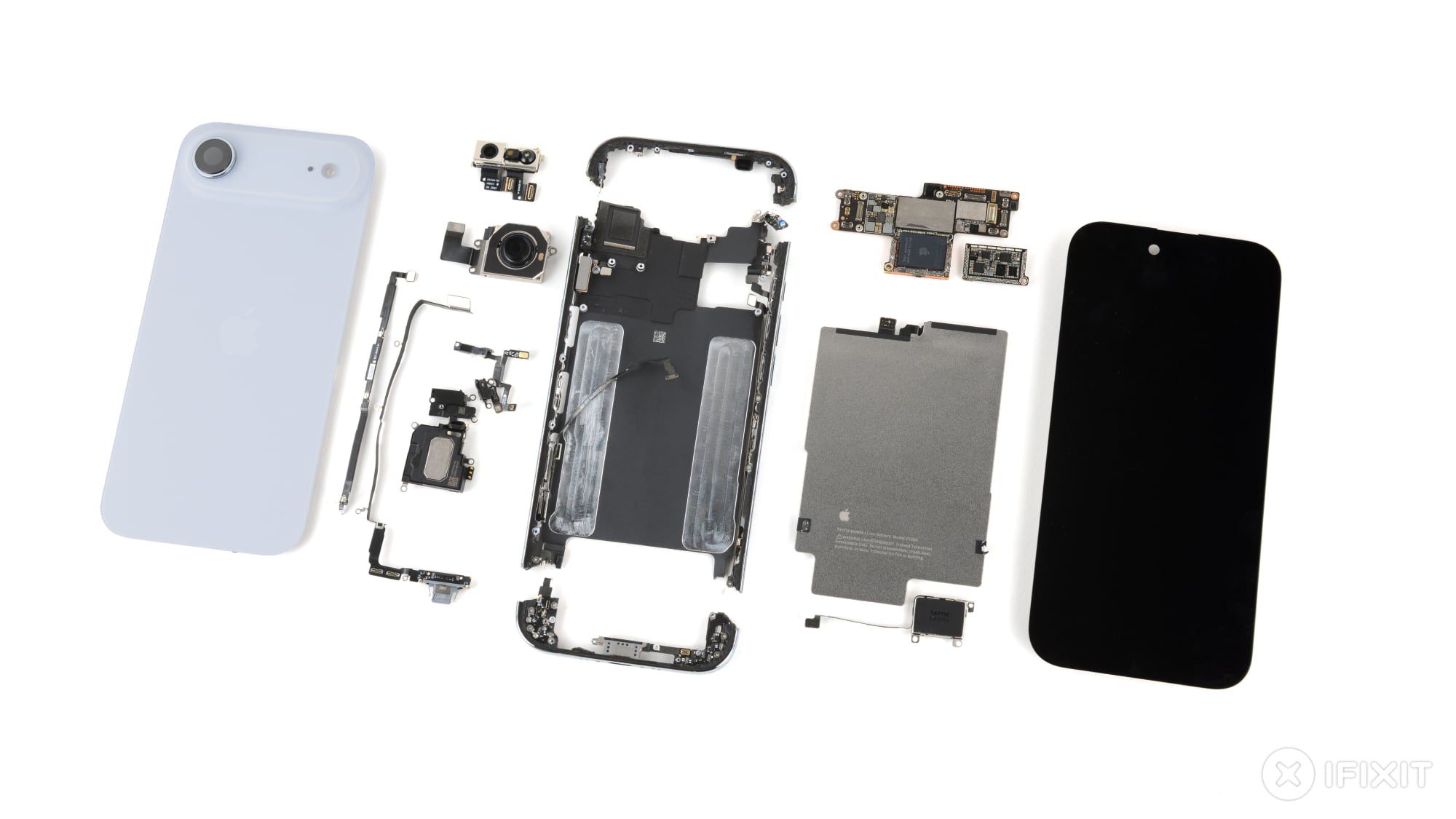PayPal says that is freshly launched digital currency is intended to make it easier to make payments whether they be in the US or international Copyright AFP Eric PIERMONT
PayPal is an appealing target for fraudsters looking for an easy payday, not least to its size and number of users. Moreover, the rise of online marketplaces that use PayPal, like Depop and Vinted, resellers and secondhand shoppers are also at risk of being scammed.
By learning how fraudsters usually operate on PayPal, a shopper can be better protected. The tech expert Al Alof at cryptocurrency exchange platform ChicksX has told about the most common PayPal scams of 2025 and how to avoid them.
The most common PayPal scams on online marketplaces
The “shipping address” scam
Scammers have a ton of shipping tricks up their sleeve to try and steal your money from PayPal. Unlike unsolicited emails that lead you to a fake PayPal site, these scam methods involve actually engaging with you on the real PayPal platform.
If you sell items online, then you’re the target audience for these scams. Several types of common PayPal scams involve shipping addresses including:
- The buyer wants to use a preferred shipping method: The buyer will ask you to ship their item using their preferred shipping company, easily reroute the package to a different address, then contact PayPal and file a claim for nonreceipt and ask for a full refund. Since you cannot prove the item wasn’t received, you’re out the money, the item, and even the shipping fees.
- The buyer provides their own shipping label: The buyer will offer to send you a prepaid shipping label, reroute the package to a different delivery address and claim they never received the item.
- The buyer gives a fake shipping address: When the shipping company cannot deliver the package to the invalid delivery address provided, the scammer will then step in and provide a new, legitimate delivery address, but since the package gets rerouted, the buyer will allege they never received the item.
The “alternate payment method” scam
This is not a scam in and of itself, but rather a measure that scammers take to leave you without options after defrauding you.
Sometimes, a scammer will ask you to transfer money using PayPal’s Friends and Family option. Although this may sound good because it eliminates the fee that PayPal levies on standard sale transactions, paying for goods is not permitted under the Friends and Family money transfer option. Any payments made like this are no longer protected by the PayPal protection program, and once you transfer money this way for goods, you have no recourse against fraud claims.
The “payment pending” scam
A buyer will message you and claim to have made the payment for an item, but that PayPal won’t release the money to you until you provide a shipment tracking number.
The scammer wants you to ship the product and provide the tracking number before you get paid and if you do, the fraudulent buyer gets the item and disappears without paying.
Top tips on how to avoid PayPal scams when using online marketplaces
There are several actions you should take to avoid getting scammed:
- Never accept or send money through the “Friends and Family” option. By doing so, you’ll ensure that you are covered by PayPal’s Buyer or Seller Protection should you need to make a claim.
- Always use your own shipping method. When you choose the shipping method, you control delivery and cannot be tricked with bogus shipping labels or rerouted packages.
- Only ship to the address on the Transaction Details page. When you ship only to this address, you satisfy one of the requirements of PayPal’s Seller Protection program.
- Only deal with verified buyers and sellers. Verifying a PayPal account can be troublesome, and it requires sharing personal information with the platform. So, anyone that did it is most likely not a scammer. If you do business with nonverified PayPal accounts, proceed with extreme caution.
- Get a good antivirus. Some PayPal scammers will try to get malware on your computer. Never download anything sent to you via email, and use reliable antivirus software, such as Norton.
To sum up the advice, only contact PayPal using the number listed on its website and remember that official PayPal communications will always address you by name.









